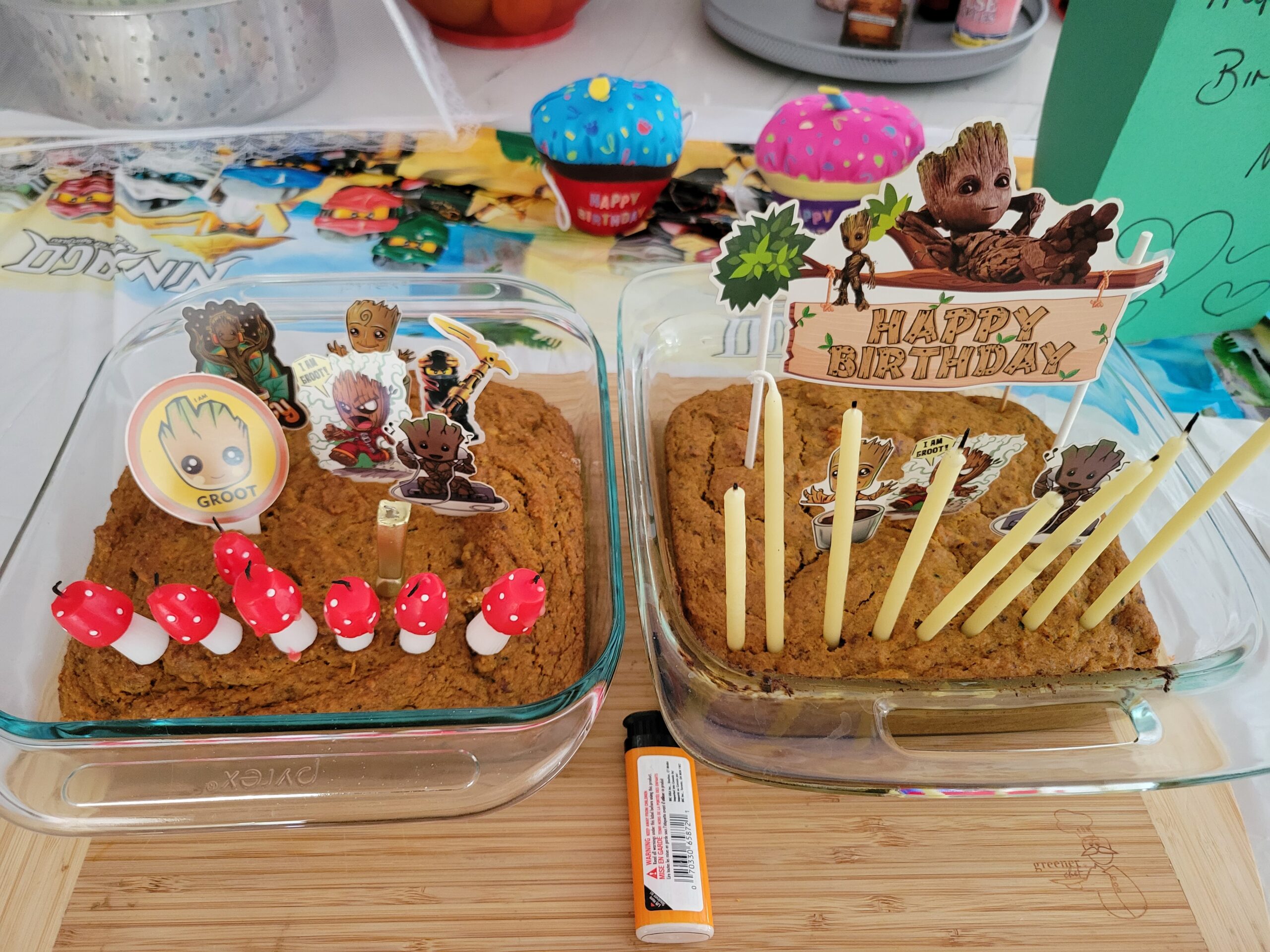
Recently some friends stopped by, and brought some home-made baked goods as a thank you for their visit.
I appreciate the thought and the intent of kindness.
And my response was: “Thank you. That’s so nice of you. What’s in them?” And then, after a quick discussion, I said, “Thank you so much. We won’t be able to eat these, so I want you to keep them and enjoy them, so they don’t go to waste.”
I have kids with multiple food allergies. My mom is sugar free and gluten free, due to diabetes and multiple other chronic health conditions. I am low-sugar and gluten free with additional modifications on the Low-Fodmap diet due to IBS and food-allergies.
I am grateful to anyone who shares with me. And, I am a home baker and I know exactly how much time and effort goes into baking home made goodies. I think it would be disrespectful to take baked goods I can’t eat – that dishonors the baker’s efforts and time, devalues the love they put into their food.
I am also a fierce advocate and caretaker for my family, and we don’t eat anything that’s a health risk. Safety and wellness trump politeness. If I don’t know everything that is in something is on our safe lists, I don’t bring the food into our house.
I share this for a few reasons.
First, I think it’s important to talk about food allergies and food safety. Many people just eat, without thinking, and their lives are easy. But the number of individuals with food limitations, due to celiac and IBS and diabetes and food allergies continues to grow. It’s important to help others understand, and to support honest conversations about food and food allergies and food limitations. Every time I thank someone AND also trust them with my honest information about our food allergies, I hope I’m sharing knowledge and helping more people to be more aware of food allergies.
Second, I think it’s important that I teach my kids how to respectfully self-advocate. Whether it’s food allergies or autistic accommodation, we can politely and respectfully advocate for ourselves. We can make sure others understand what we need, and why we can or can’t do certain things.
Third, I share these issues with you all, so that I hope I can help each of you when you find yourselves in these conversations.
If you’re a person with food allergies: be open. Be honest. Only eat what you can safely eat. Say, “thank you but I can’t eat this,” when someone offers something you cannot eat. Give it back, so it doesn’t go to waste.
If you’re a person without food allergies or food limitations, remember this. Don’t get your feelings hurt – my tree nut allergy isn’t personal to you, and it’s not something I’ve done to make your life more difficult. Believe me, it makes my life far more difficult than it makes yours! Thank me for trusting you with my truth! Thank me for not wasting your food, and for valuing the time you put into making it! And also, do think about that food is a difficult gift – not everyone can accept it – not everyone can eat it – and people still have a hard time talking about it.
Food is one of those things that we need to talk about more, with honesty, kindness, and compassion!
And I have a feeling that these conversations definitely increase around the holiday season – with baking traditions and big meals. Talk BEFORE you bake. Talk BEFORE you cook. Talk BEFORE you share. Provide ingredient lists for each item, to make those of us living with food allergies feel safe and supported at the table. Make sure everyone who shows up at your table feels welcome and is able to eat safely.